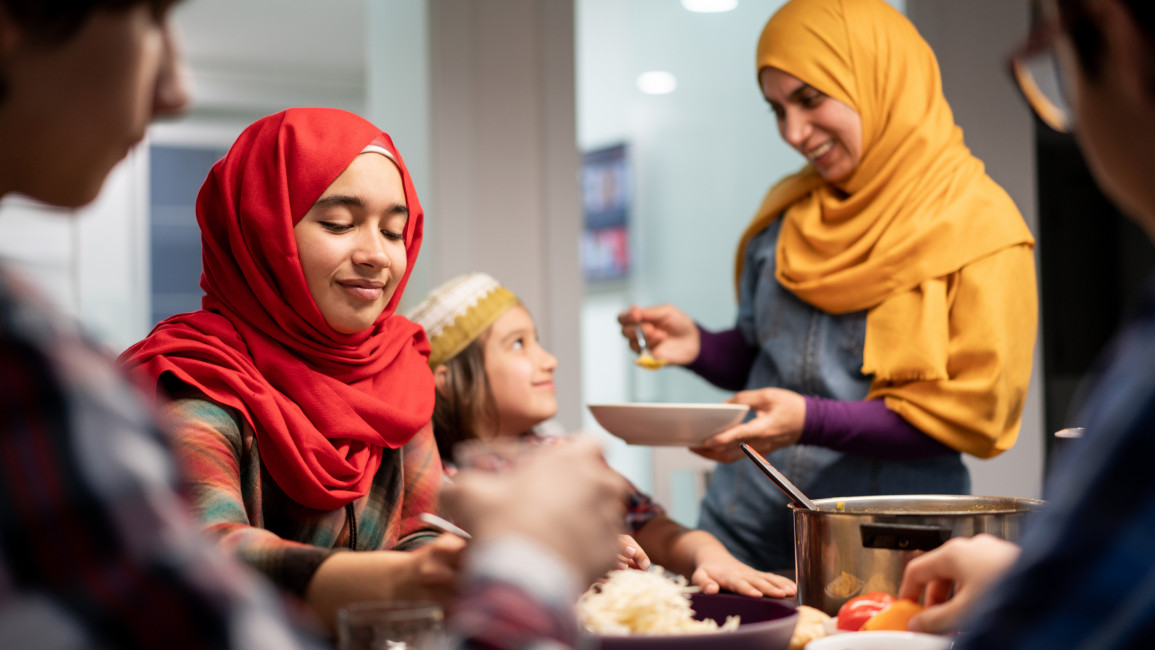Ramadan 2022: Why do Muslims fast?
Ramadan, when Muslims from around the world spend a month fasting, praying and usually spending time with family, is just around the corner.
This year, Ramadan will begin on Saturday or Sunday - depending on the sighting of the moon's new crescent - and last either 29 or 30 days, ending with a celebration on Eid al-Fitr.
While intermittent fasting has become more mainstream over the past few years, the practice of fasting in Ramadan goes back centuries. It was during this month that the Prophet Mohammed revealed the Holy Quran, the sacred text that guides the religion of Islam and the lives of its followers.
Food, water and sexual intercourse are prohibited during the daylight hours in Ramadan, and Muslims traditionally end their fast at the time of the sunset prayer with dates and a glass of water.
Fasting is one of the five pillars of Islam – alongside the profession of their faith, the five daily prayers, the Hajj pilgrimage, and obligatory charity.
Muslims are required to fast right from the age of puberty, except the sick, travellers, or pregnant or breastfeeding mothers – all of whom are obligated to make up the days they have missed after the month ends.
Since fasting begins before dawn and ends at sunset, Muslims in different parts of the world endure longer or shorter fasts depending on where they are. This year, Muslims in Argentina or New Zealand will only fast for around 11 hours, while those in Iceland will face nearly 17 hours without food or water.
Ramadan is also an important time to be with family. Many Muslim households traditionally break their fast at sunset with relatives, friends and neighbours, bringing together their community.
It is a common misconception that Muslims are burdened by fasting during Ramadan. In focusing on their relationship with God, many Muslims use this month to better themselves as people and as Muslims and take Ramadan as an opportunity to shun their harmful behaviours
. Many practising Muslims claim this is their favourite time of the year, and it brings together families and the wider community in a universal act of faith and devotion.




